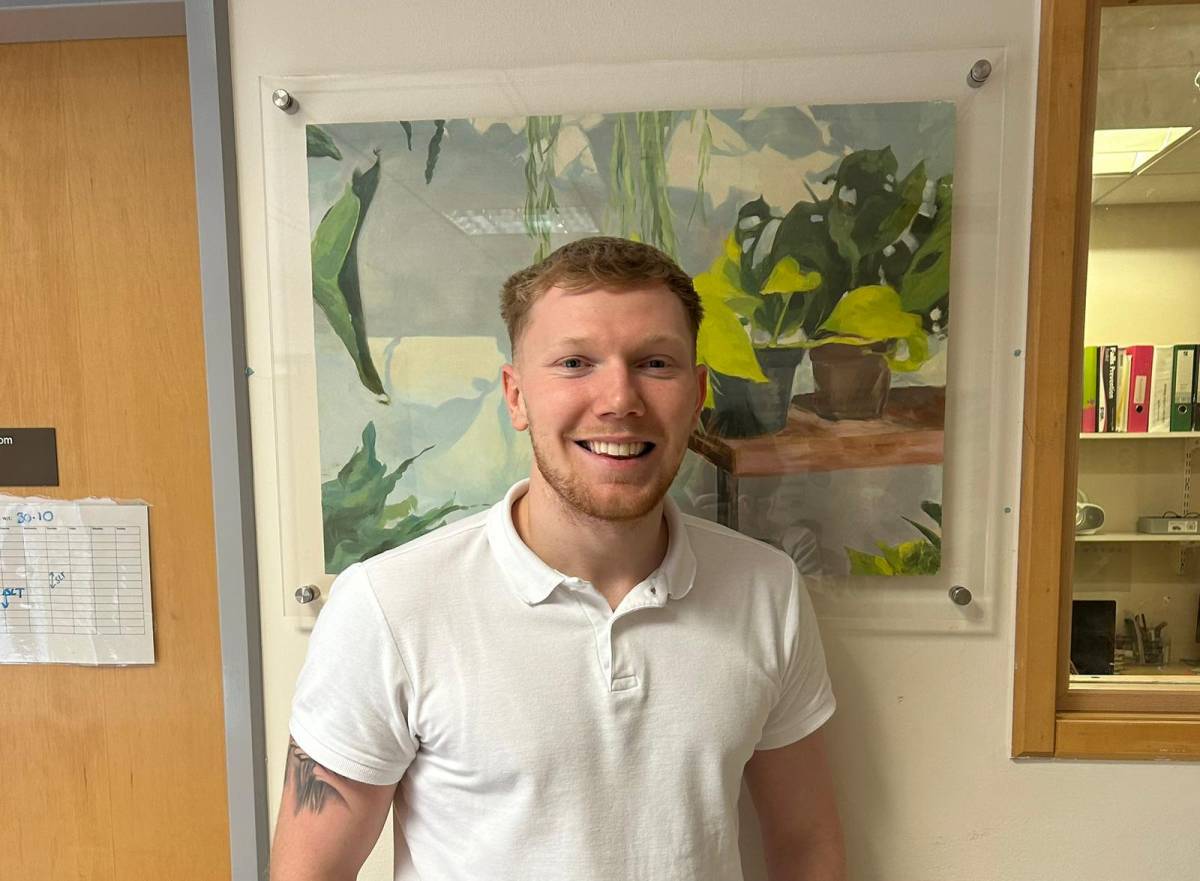Pioneering apprenticeship scheme could be game-changer for rehabilitation training in the UK
A unique course in which apprentices are placed with physiotherapy and other teams at Nottingham University Hospitals has the potential to ‘change the future of rehabilitation training in the country’.
Students on the inaugral Rehabilitation Assistant Practitioner Apprenticeship course attend academic lectures delivered by Birmingham City University (BCU) staff and hone their skills on three six-month placements with the therapies teams.
The NHS National Rehabilitation Centre (NRC) commissioned BCU to create the apprenticeship course. The NRC programme recently received formal government approval for its £105million plan create a 70-bed, purpose-built facility near Loughborough. The specialist NHS facility will be housed on the Stanford Hall Rehabilitation Estate near Loughborough, next to the Defence Medical Rehabilitation Centre which opened in 2018.
On completing their 18-month apprenticeships, students will work as assistant practitioners (APs) at the NRC and other rehabilitation healthcare settings.
UK-wide implications
The influx of APs will enable the NRC to provide patients with intensive rehabilitation programmes, in-line with international best practice. The APs can work across physiotherapy, occupational therapy and nursing settings in a ‘24-hour rehab model’.
Alison Wildt, the NRC’s service improvement lead, said the rehab AP model ‘has the potential to change the way we train professionals coming into the field of rehabilitation – not just those who want to come and work at the NRC, but for healthcare workers in rehabilitation settings across the UK.’
She added: ‘We know that training not only nurtures and develops our own workforce, it also demonstrates our commitment to our staff and the value that we see in them and what they can deliver, which ultimately supports with the retention of staff.
‘We want to enable continued professional development and for all members of the team to be working to the top of their licence.’
The scheme is part of a ‘skills escalator’ approach that was developed by an NRC team to provide staff at all levels with education and training. For example, an individual could join the NHS as a band 2 therapy assistant and eventually become an allied health professional consultant.
Rehab 'front and first'
Physiotherapist Jodie Bryant, an associate professor at BCU's School of Health Sciences, said: ‘Being part of this project has allowed BCU to demonstrate its expertise, agility and willingness to react to the ever-changing demands of the healthcare profession.
She added: 'We’re delighted to be working with Nottingham University Hospitals NHS Trust and thankful to be a part of this wonderful initiative, which puts rehabilitation front and centre of healthcare.’
Ambitious pioneer James Tague
James Tague, 22, is one of six pioneering apprentices who are now eight weeks into their first placement. He is on placement at Nottingham City Hospital’s Daybrook Unit, which offers rehabilitation to stroke patients.
‘If someone has suffered an injury then it can affect their physical, mental, and social functions, and our role is to help them find that new normal,’ Mr Tague said. ‘The key thing is that everyone is different, and so everyone will recover differently and will have different goals.'
Mr Tague, who harbours ambitions to work at the NRC once he’s completed his apprenticeship, added: ‘The NRC can only be a positive thing and it shows how far we’ve come in understanding the importance of rehabilitation.’
The next cohort of apprentices will be recruited in Spring 2024 via the National Rehabilitation Centre’s website. The apprentices will have opportunities to train at the NRC when it opens in early 2025.
Author: I A McMillan
Share it with















